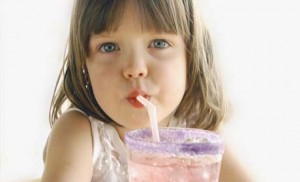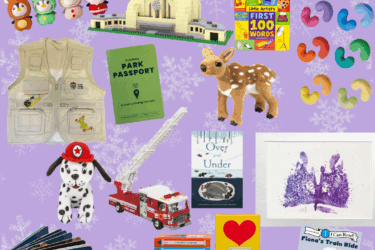According to the American Academy of Pediatrics (AAP, aap.org), a typical day finds about 73 percent of kids consuming caffeine, whether in an energy drink, a favorite coffee drink or a can of soda. But parents may want to keep an eye on the amount of caffeine their children ingest — a recent study in Pediatrics found that caffeine has an adverse effect on the blood pressure and heart rates of kids and teens.
The biggest worry when it comes to caffeine, according to Shan Yin, M.D., M.P.H., and Medical Director of the Drug and Poison Information Center at Cincinnati Children’s Hospital Medical Center (CCHMC), is its effect on sleep. “Sleep is really important to brain development,” he explains, and if your child isn’t getting enough sleep, he might just be missing out. If your kid or teen needs caffeine to get through the day or to stay awake, Yin suggests that perhaps he needs more sleep and may need to start going to bed earlier. He admits that can be hard to do.
“We like quick fixes,” he says, adding that caffeine is one of those. “But that can sometimes cause more problems.” Working on behavioral changes, which is harder to do and sometimes slow to show results, is ultimately the healthier option.
Caffeine does pose some dangers, according to Yin, depending on how it’s consumed, like mixing it with alcohol or consuming it in powdered form. He explains that while studies have shown that caffeine doesn’t necessarily enhance the effects of alcohol, what can happen is that those who consume caffeine with alcohol may feel more awake. This makes them more likely to over-estimate their ability at tasks like driving. Likewise, caffeine in powdered form is especially dangerous, according to Yin, who says that 1/16 of a teaspoon is the recommended dose (and even that is equivalent to a couple large cups of coffee). Use of the powder is “ripe for mistakes when measuring,” says Yin. Unfortunately, the wrong dose of powdered caffeine can be deadly, as was discovered earlier this year when a Columbus, Ohio, teen was found dead in his home with a lethal amount of caffeine in his system.
While there’s no standard amount considered safe for children, knowing that it can cause increased blood pressure and sleepless nights might make you want to re-think that energy drink, and encourage your kid to substitute it for a glass of water instead. “What I usually say is that there’s really no reason why a kid or teen needs caffeine,” says Yin.
Hidden Sources of Caffeine
Caffeine is sneaky, and since the U.S. Food and Drug Administration doesn’t require manufacturers to list caffeine content on nutrition labels, it can hide in all kinds of surprising places, including some of the following:
- Chocolate, especially dark chocolate, and foods that contain chocolate, like ice cream or hot chocolate mixes
- Over-the-counter medications, like Excedrin
- Energy waters, like Propel or VitaminWater
- Tea and non-cola sodas, like root beer and cream sodas
- Energy drinks that contain guarana





